
Please apply here 👇
academicjobsonline.org/ajo/jobs/31108
Reposts appreciated!
Deadline to Apply is January 11th 2026. Still, you should go and apply now!
arxiv.org/abs/2511.15969
Our goal was to give a bird's eye view of QML, from quantum PAC, to Linear Algebraic approaches and variational methods.
Huge thanks to my co author Su Yeon Chang@

arxiv.org/abs/2511.15969
Our goal was to give a bird's eye view of QML, from quantum PAC, to Linear Algebraic approaches and variational methods.
Huge thanks to my co author Su Yeon Chang@

I recently got asked about the most important turning points of my career and without hesistation said the LANL summer school.
The first 1/3 of this video is me rambling about why it was so special: youtu.be/XjkHmtr_IT0?...
I recently got asked about the most important turning points of my career and without hesistation said the LANL summer school.
The first 1/3 of this video is me rambling about why it was so special: youtu.be/XjkHmtr_IT0?...
Please apply here 👇
academicjobsonline.org/ajo/jobs/31108
Reposts appreciated!
Deadline to Apply is January 11th 2026. Still, you should go and apply now!
Please apply here 👇
academicjobsonline.org/ajo/jobs/31108
Reposts appreciated!
Deadline to Apply is January 11th 2026. Still, you should go and apply now!
Quantum Simulations of fermionic systems apply here: lanl.jobs/search/jobde...
Quantum Simulations for nuclear physics apply here: lanl.jobs/search/jobde...
Shares appreciated

Quantum Simulations of fermionic systems apply here: lanl.jobs/search/jobde...
Quantum Simulations for nuclear physics apply here: lanl.jobs/search/jobde...
Shares appreciated
Apply here:
lanl.jobs/search/jobde...
Reposts appreciated!

Apply here:
lanl.jobs/search/jobde...
Reposts appreciated!
We start with the Quantum Optics Fellowship, intended for AMO and QI. Anyone who would have applied for the JQI Fellowship should apply to this one. academicjobsonline.org/ajo/fellowsh...
We start with the Quantum Optics Fellowship, intended for AMO and QI. Anyone who would have applied for the JQI Fellowship should apply to this one. academicjobsonline.org/ajo/fellowsh...

Does any have any experience with becoming a Trusted Reviewer for Springer? Seems like the commitment is quite high for getting that title; you need to review one paper a month for them.
Interested in hearing anyone's thoughts on this.
Does any have any experience with becoming a Trusted Reviewer for Springer? Seems like the commitment is quite high for getting that title; you need to review one paper a month for them.
Interested in hearing anyone's thoughts on this.
I've used Monument Valley so much as an analogy for BPs, that I figured I should finally pay this beautiful place a visit!

I've used Monument Valley so much as an analogy for BPs, that I figured I should finally pay this beautiful place a visit!
www.nature.com/articles/s41...
More than the paper itself, I thoroughly enjoyed chatting with all my co-authors on the implications of the absence of BPs ~ classical simulability connection

www.nature.com/articles/s41...
More than the paper itself, I thoroughly enjoyed chatting with all my co-authors on the implications of the absence of BPs ~ classical simulability connection
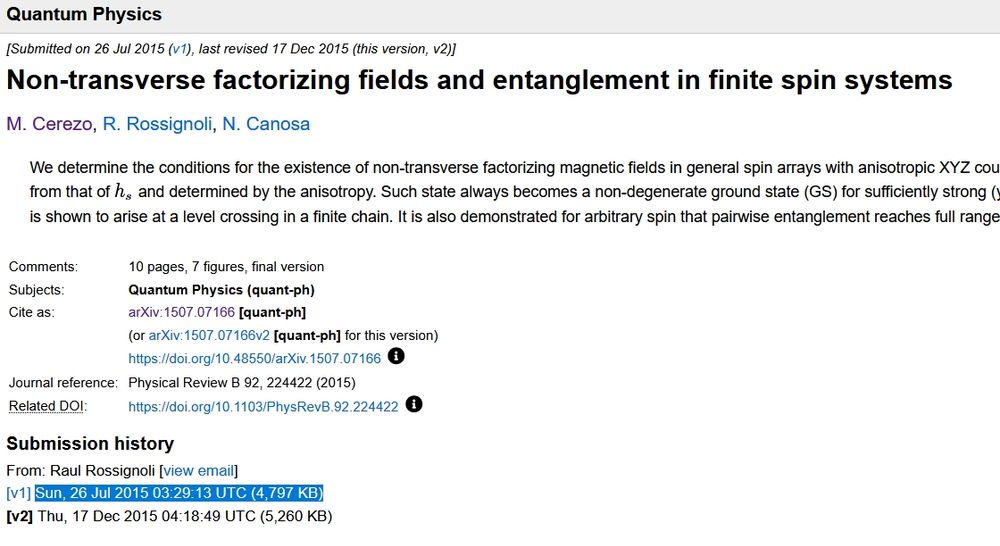
👂Huh? Yall want more? We got you covered with a NEW work
Analyzing the free states of one quantum resource theory as resource states of another
arxiv.org/abs/2507.11793
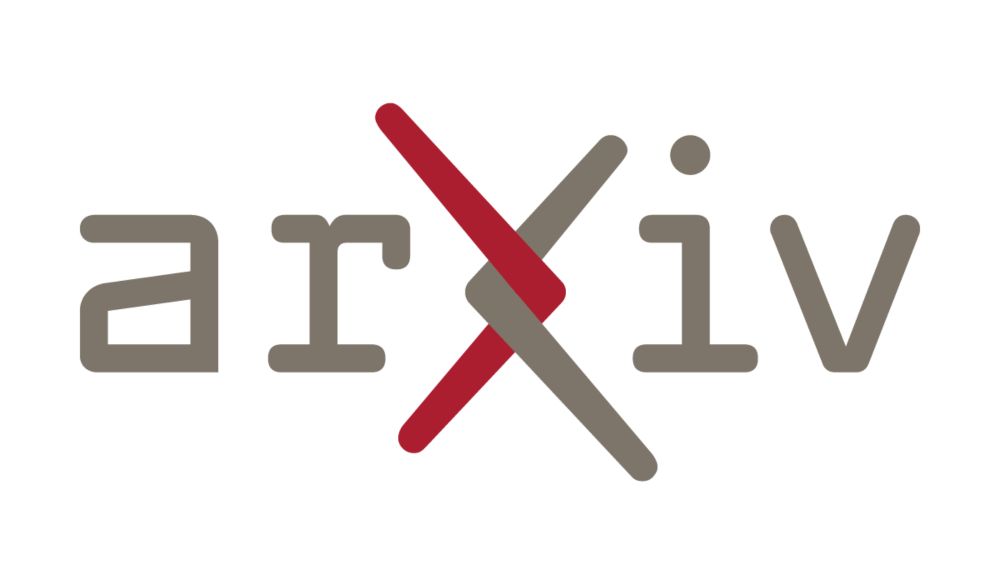
👂Huh? Yall want more? We got you covered with a NEW work
Analyzing the free states of one quantum resource theory as resource states of another
arxiv.org/abs/2507.11793

We believe it opens up some interesting new directions to study resource non-increasing channels in quantum resource theories!
arxiv.org/abs/2507.10851
A big thanks to my collaborators @antonioannamele.bsky.social Pablo Bermejo Paolo Braccia Andrew Deneris @martinlaroo.bsky.social and [email protected]
We provide a unifying framework leading to new free operations 🧵⬇️

We believe it opens up some interesting new directions to study resource non-increasing channels in quantum resource theories!
- Simulating quantum physics and chemistry
- Breaking current public-key encryption (RSA, DH, ECC)
- Eventually, modest (square-root) speedups from Grover
- We’ll have to get lucky for most other applications!
(The world has been systemically lied to about this)
- Simulating quantum physics and chemistry
- Breaking current public-key encryption (RSA, DH, ECC)
- Eventually, modest (square-root) speedups from Grover
- We’ll have to get lucky for most other applications!
(The world has been systemically lied to about this)
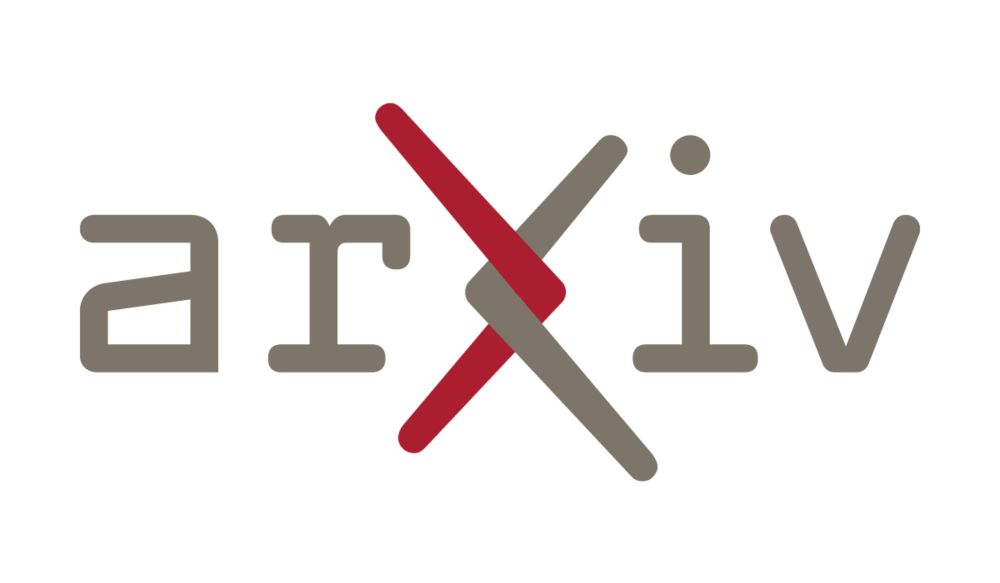
Given that I'll be traveling across the pond I'd love to take that opportunity to visit some other local group in Spain!
Let me know if you're interested and I can plan a trip :)
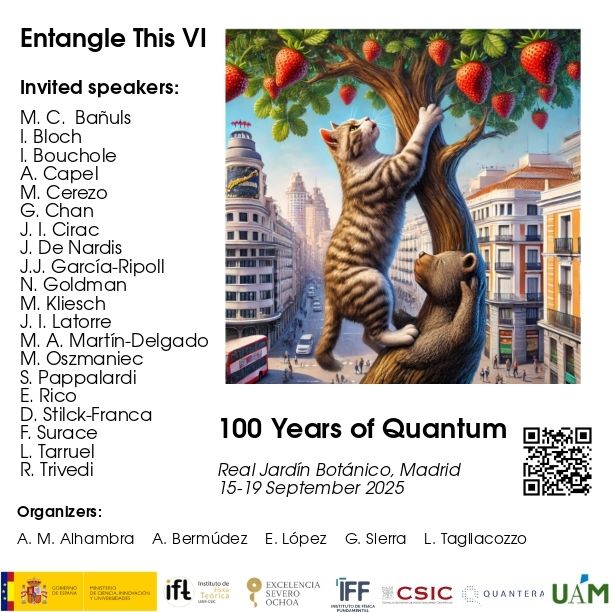
Given that I'll be traveling across the pond I'd love to take that opportunity to visit some other local group in Spain!
Let me know if you're interested and I can plan a trip :)
www.lanl.gov/media/news/0...
Again, huge props to my co authors!
www.lanl.gov/media/news/0...
Again, huge props to my co authors!
"Optimal Haar random fermionic linear optics circuits"
Super fun collaboration with @impolster.bsky.social @nahuelldiaz.bsky.social @martinlaroo.bsky.social and @mvscerezo.bsky.social !
Thread 👇
arxiv.org/abs/2505.24212
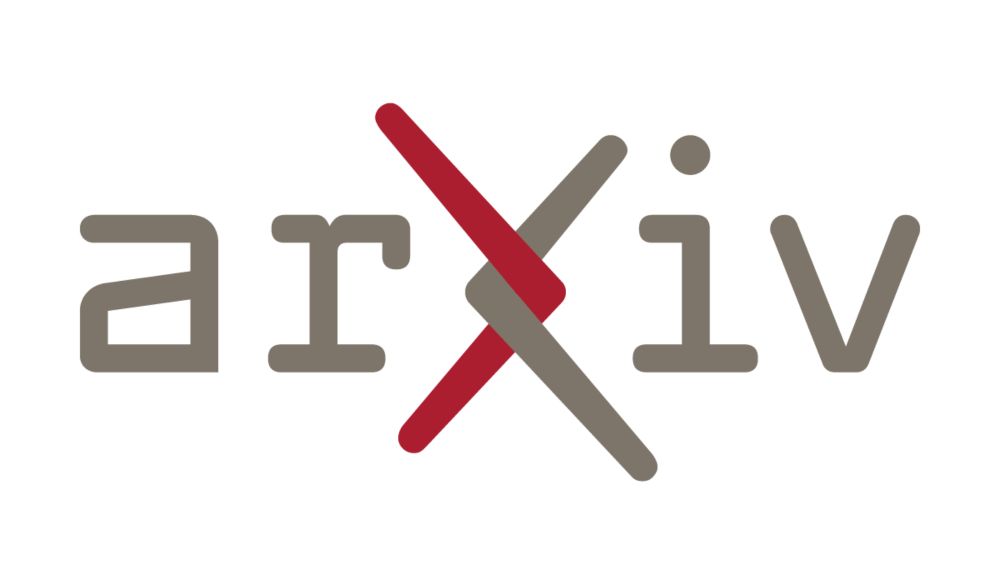
"Optimal Haar random fermionic linear optics circuits"
Super fun collaboration with @impolster.bsky.social @nahuelldiaz.bsky.social @martinlaroo.bsky.social and @mvscerezo.bsky.social !
Thread 👇
arxiv.org/abs/2505.24212
www.sciencedirect.com/science/arti...
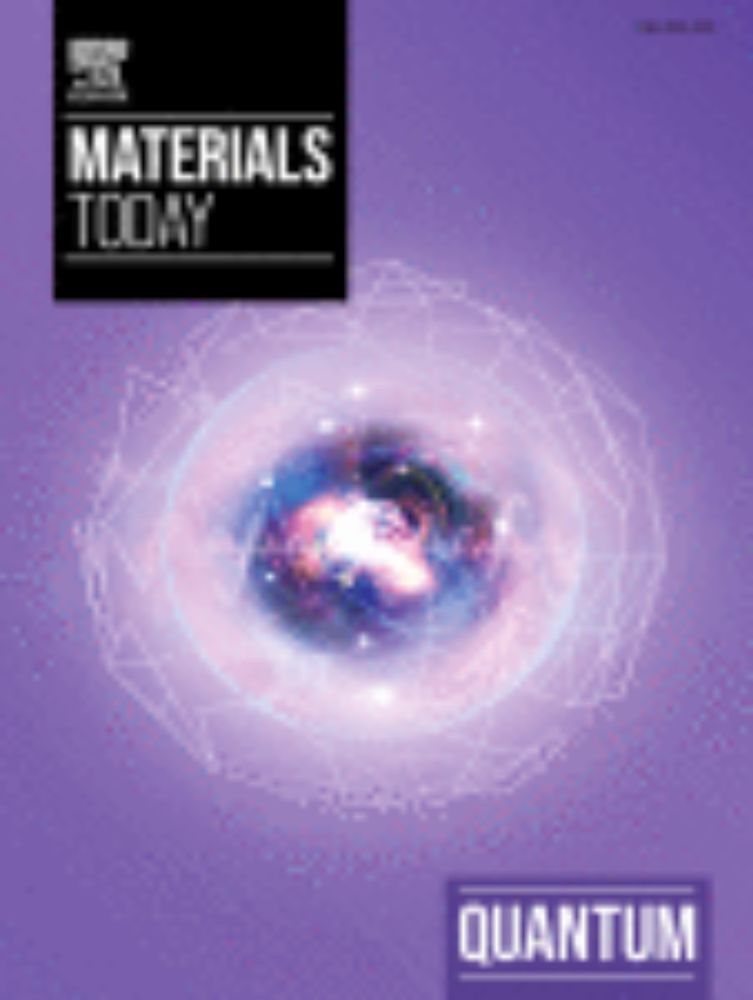
Check it here 👇
www.nature.com/articles/s42...
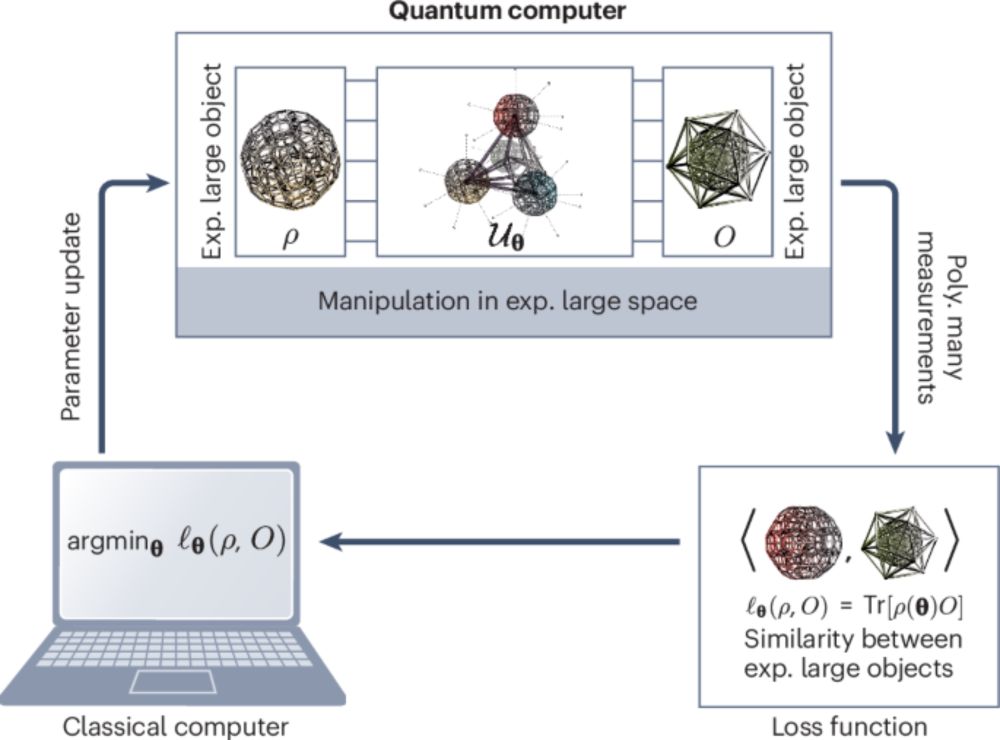
Check it here 👇
www.nature.com/articles/s42...
It's also my postdoc @dgarciamartin.bsky.social first last author paper and I couldn't be prouder of the amazing work he does!!
Proud to see our paper published in PRL!
doi.org/10.1103/Phys...
Thanks @mvscerezo.bsky.social ky.social @martinlaroo.bsky.social sky.social @sornborg.bsky.social ky.social @dgarciamartin.bsky.social ky.social.
It's also my postdoc @dgarciamartin.bsky.social first last author paper and I couldn't be prouder of the amazing work he does!!
arxiv.org/abs/2501.13101

arxiv.org/abs/2501.13101
dobrautz.github.io/jobs/postdoc...
dobrautz.github.io/jobs/phd/cas...
Sharing and endorsing would be really appreciated <3
@hzdr.bsky.social @scadsai.bsky.social @tudresden.bsky.social
dobrautz.github.io/jobs/postdoc...
dobrautz.github.io/jobs/phd/cas...
Sharing and endorsing would be really appreciated <3
@hzdr.bsky.social @scadsai.bsky.social @tudresden.bsky.social

